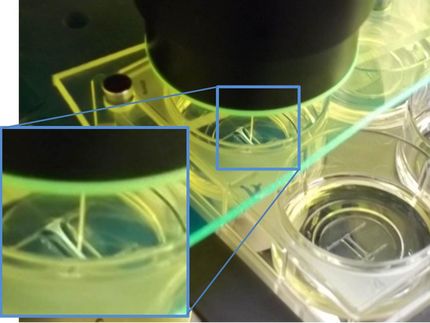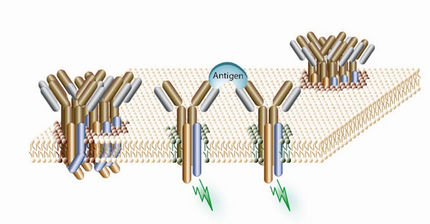Actelion receives USD 7 million following entry into man of a new renin inhibitor
Actelion/Merck Renin alliance achieves third milestone
Actelion Ltd. announced that the renin alliance with Merck & Co., Inc., has achieved its third milestone. The alliance has entered into man its first compound, a new renin inhibitor. This start of full clinical development triggers a milestone payment by Merck to Actelion of USD 7 million.
Actelion and Merck formed an exclusive worldwide alliance in December 2003 to discover, develop and market new classes of orally available renin inhibitors for patients suffering from cardio-renal diseases.
Merck Actelion global renin alliance organization
Through a joint committee, the parties are collaborating on the development of products. Research and development funding initially will be the responsibility of Actelion. The two companies will jointly fund Phase II development, with Merck responsible for funding all Phase III and outcome studies. Merck will lead and fund commercialization. Actelion retains a worldwide option to co-promote any product resulting from this alliance as a paid-for sales force.
Upon signing, Actelion received USD 10 million. Actelion is also eligible to receive significant research, development and approval milestone payments of up to USD 262 million for the successful commercialization of the first collaboration product. A first milestone of USD 15 was achieved in March 2004 with the completion of the technology transfer, which provided Merck with unrestricted access to Actelion's multiple renin inhibitor classes. A second milestone was achieved in March 2005 when the first compound was selected for full preclinical development.
Actelion will also be eligible to receive certain milestone payments for the successful commercialization of additional products, and Merck will pay Actelion substantial royalties on the sale of all products resulting from this renin inhibitor alliance.
Scientific background on renin inhibition
Renin plays a key role in the regulation of blood volume, arterial pressure, and cardiac and vascular function by serving as an early component of the renin-angiotensin system. Renin is an enzyme that catalyzes the formation of the hormone angiotensin I, which is transformed by the angiotensin converting enzyme (ACE) to angiotensin II. Angiotensin II acts on specific receptors to increase blood pressure and modulate long-term processes such as arteriosclerosis and remodeling of heart and kidney. Therapeutic manipulation of the renin-angiotensin pathway has become very important in treating hypertension and heart failure.
Other news from the department business & finance

Get the life science industry in your inbox
By submitting this form you agree that LUMITOS AG will send you the newsletter(s) selected above by email. Your data will not be passed on to third parties. Your data will be stored and processed in accordance with our data protection regulations. LUMITOS may contact you by email for the purpose of advertising or market and opinion surveys. You can revoke your consent at any time without giving reasons to LUMITOS AG, Ernst-Augustin-Str. 2, 12489 Berlin, Germany or by e-mail at revoke@lumitos.com with effect for the future. In addition, each email contains a link to unsubscribe from the corresponding newsletter.

























































